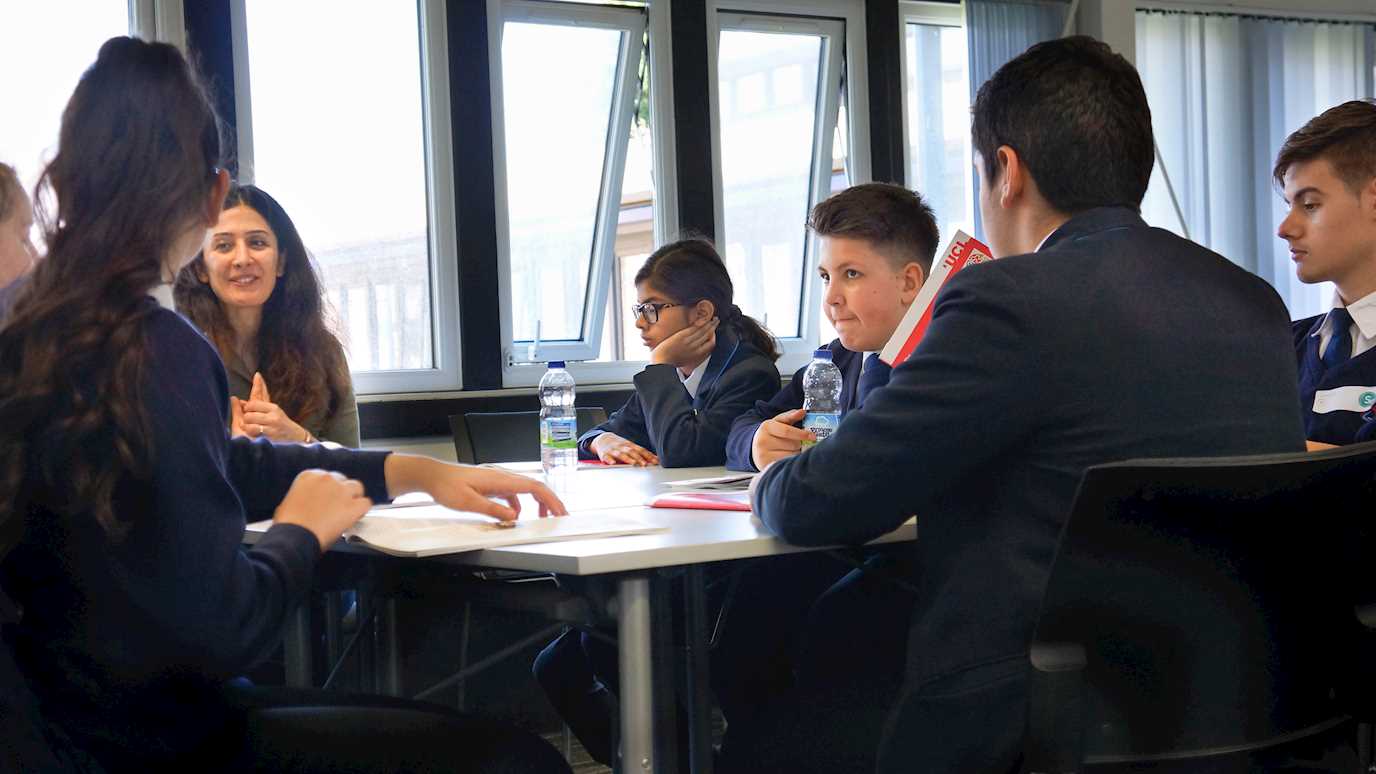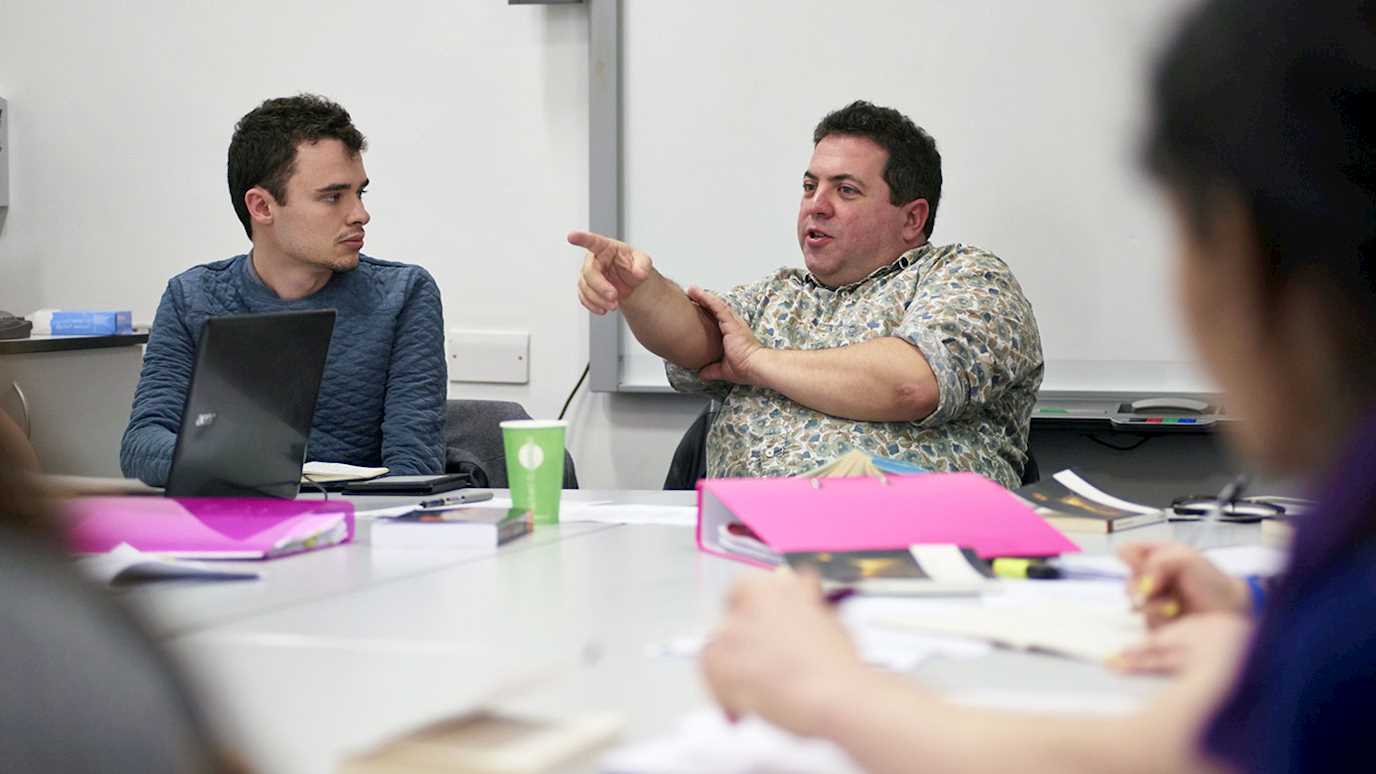Dr Kate McGettigan's TeacherHub>English Forum Lecture on the context for The Great Gatsby and The Grapes of Wrath
Key Points
Time is crucial in The Great Gatsby
Gatsby wants to repeat the past or to return to the past
There are over 500 references to time in The Great Gatsby
Events in the novel are set at very particular times
The novel itself is located in a very specific moment in time: the summer of 1952
At the end the novel goes from temporal specificity the novel opens up into historical time
Quotations
Coming Soon!
Further reading
Jordan Brower, “Written with the Movies in Mind”: Twentieth-Century American Literature and Transmedial Possibility, Modern Language Quarterly, 78: 2 (2017), pp. 243-273. (included in resource packs)
Situates Gatsby within Fitzgerald’s career as a screenwriter, the increasingly popularity of film adaptations of books, and a new culture of authors selling screen rights. He argues that Gatsby shows Fitzgerald’s ambivalent relationship to the movie industry, as the novel both courts and frustrates the possibility of its own filmic existence, creating what Brower calls “transmedial possibility”. Too complex and lengthy for most A Level students, but has some useful close readings that could be extracted, and provides a fresh take on the novel.
Sarah Churchwell, Careless People: Murder, Mayhem and the Invention of the Great Gatsby. London: Virago, 2013.
A history of the writing of and inspirations behind The Great Gatsby. Useful for very specific contextual interpretations of some of the novel’s characters, settings and symbols. Written for a popular audience – engaging and student friendly, with Churchwell offering clear opinions on the text.
Jim Cullen, The American Dream; A Short History of an Idea that Shaped a Nation. Oxford: OUP, 2003
A cultural history of the American dream from Puritans to Hollywood. Not specifically on The Great Gatsby other than a short section in the conclusion, but introduction is good for encouraging students to think more critically and questioningly about the concept of the American Dream.
Barbara Will, “Gatsby Redux”, American Literary History, 27: 2 (2015), pp. 342-350. (in resource pack)
Actually a review of several recent books on Gatsby, this essay neatly sets out two competing interpretations of the text: as a novel strictly bound to its 1920s context, or as a novel that transcends its immediate context, and reaches for the mythic. Useful for showing alternative readings.
Web links
H.L. Mencken’s review of TGG in the Chicago Sunday Tribune, 3 May 1925
One of the great journalists of early twentieth-century America, Menken gives a lukewarm review of Gatsby – calling it a “glorified anecdote”. Menken reads the novel as torn between “Fitzgerald the stylist” and “Fitzgerald the social historian”, the former’s love of beauty removing the possibility of real social critique.
Edwin Clark’s review of TGG in the New York Times, 19 April 1925
Calls Gatsby “a curious book, a mystical, glamourous story of today”, and suggests that Fitzgerald’s stylist “economy” compliments the story of excess.
























